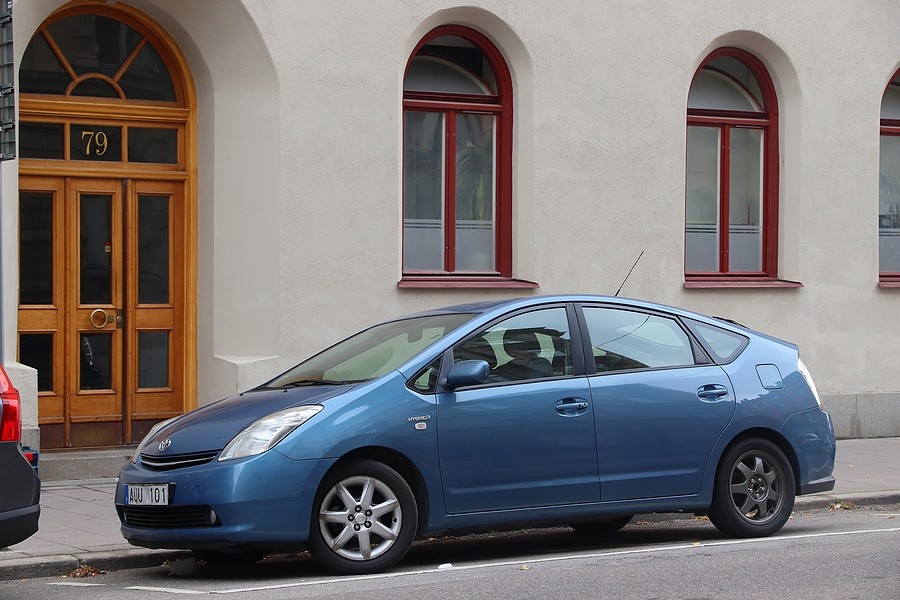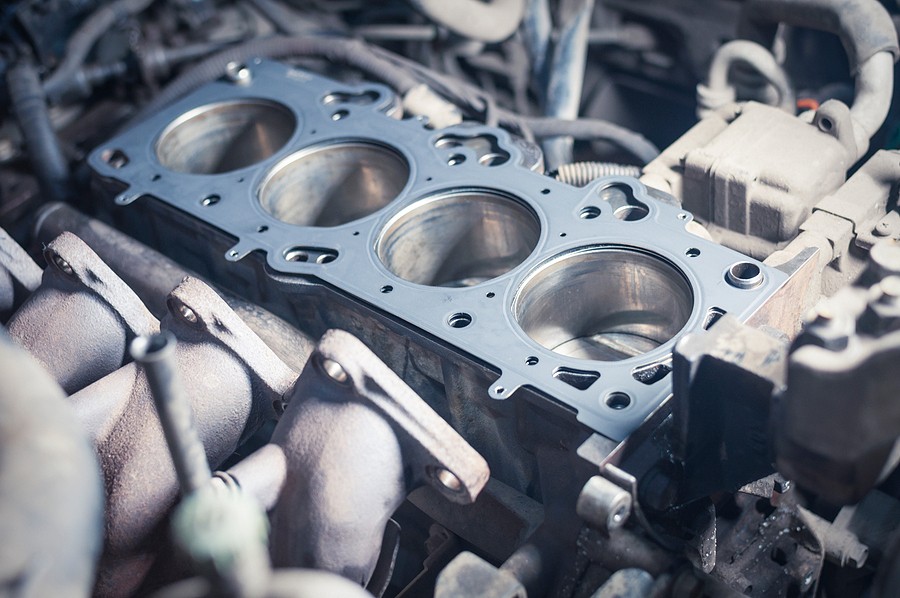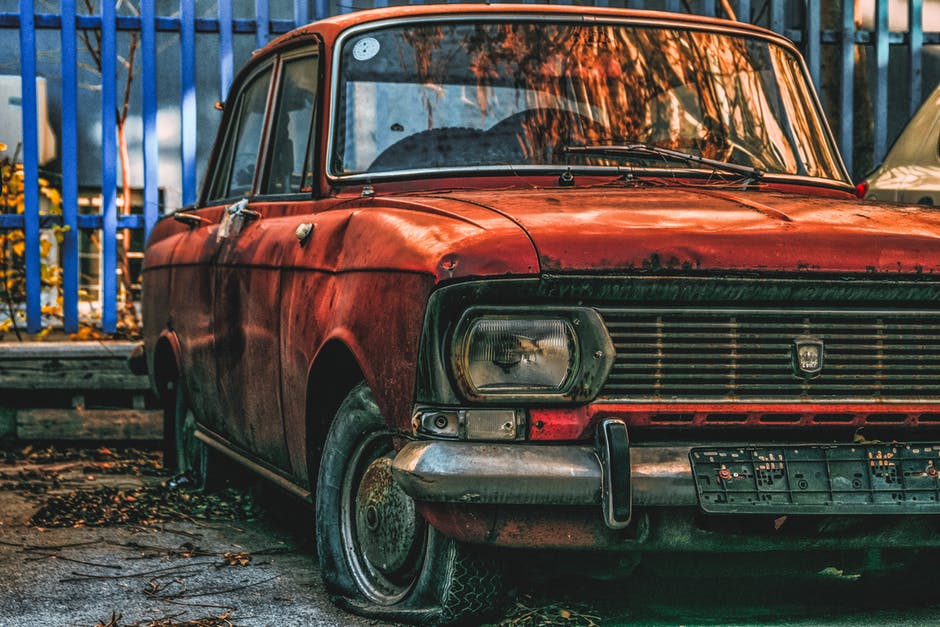Each year, 27 million junk cars are recovered for recycling. Will your car be included in that number this year?
You’re interested in cash for the junk car that’s been sitting on your property, so you contact your local salvage yard. They’ll pick it up and haul it away, but do you know what happens next?
A lot more than you’d expect. Keep reading for a peek into the process of recycling junk cars.

How Are Junk Cars Recycled?
Once your car arrives at the salvage yard, several things take place. It will be de-polluted and searched for parts in good condition. What can’t be sold is often crushed and then recycled.
Many materials found in junk cars are harmful to the environment, such as mercury switches, airbags, antifreeze, and others. Some materials, such as oil, fuels, and coolants, may be sold or reused.
Here’s a breakdown of the process each end-of-life vehicle will go through to ensure it is recycled properly.

Safe Fluid Disposal
When you junk your car, you’re junking five to 10 gallons of fluids with it. Included are fluids like brake fluid, engine oil, antifreeze, Freon, power steering fluid, and others. These fluids aren’t good for the environment, so simply dumping them into a landfill is hazardous.
Safe disposal practices are important, and recycling makes sense for the environment as well as the economy. Plus, it takes more energy to produce products from scratch rather than recycling them.
So, what do these recycled fluids become? Here are some examples:
- Motor oil is often cleaned and reused as a lubricant.
- Oil is repurposed to provide energy.
- Freon that is properly handled is used again as a refrigerant. If not handled properly, Freon is damaging to the ozone layer.
- Antifreeze is drained, cleaned, and reconditioned to be used again as antifreeze.
Recycled Parts
Next, parts from your junked car are pulled and processed for recycling. It’s not always as easy as taking out parts and using them in another car.
Dead batteries, as an example, are dangerous as-is. They contain toxic lead. New batteries are made from this lead. This is the best-case scenario for the environment. Batteries are the most recycled of all individual car parts.
While old tires can’t be resold, they are repurposed and serve many uses. We reuse very few old tires as new ones. In fact, we use old tires on playgrounds, in highway asphalt, or as fuel. They’re even used to make welcome mats, railroad ties, garden mulch, weightlifting plates, and speed bumps.
Last but not least: plastic. Your car is up to 50% plastic. They recycle some of that plastic back into car parts or appliances. Recycled plastic also becomes a component of plastic caps, packing material, and bottles.

Sellable Components
You may believe otherwise, but some parts on junk cars are likely in good shape and can be resold. The salvage yard will remove any sellable components, clean them, recondition them, and then test them to see if they’re sellable.
They then sell these reconditioned parts to consumers who don’t want to buy parts brand new or are looking for specific parts for antique or unusual vehicles.
The most common reused parts are transmissions, starters, engines, alternators, batteries, and axles. Outer components are also popular—items such as hoods, bumpers, mirrors, and doors. But don’t get too greedy. Salvage yards are only interested in selling these parts if they are in good condition.
Steel and Iron
14 million tons of steel from EOL vehicles are recycled by the steel industry each year. This process keeps steel out of landfills and puts it back into consumer use.
If we sent all the cars to landfills without recycling steel and iron, junkyards would overrun our country. Fortunately, most car steel is recycled and never ends up in a landfill.
After the fluids are drained from the EOL vehicle and they have dismantled it, it’s flattened by a large crusher. Then it is ripped into bits by a shredding machine while large magnets pick the steel from other materials.
Most recycled steel is used to create new cars, but it is also used to create cans, construction materials, household appliances, elevators, airplane hangers. And more. This process saves a ton of energy. Plus, steel can be recycled again and again while remaining strong.

Other Recycled Metals
There are other metals that don’t end up in landfills, such as aluminum, platinum, palladium, and rhodium.
Aluminum is gaining popularity because it is lightweight, which helps increase vehicles’ fuel efficiency. They recycle almost all-aluminum back into new car parts, such as hoods or fenders.
Platinum Group Metals (PGMs) are rare and valuable. They’re most often used in catalytic converters. These converters reduce harmful toxins from entering the environment through the air.
It’s hard to recover PGMs from converters, but even the smallest amounts are worth recycling and pocketing a few hundred dollars.
Don’t Feel Bad: Sell Your Junk Car
If you were questioning what happens to your junk car after you sell it, you now have your answer.
Now that you feel better about what happens to junk cars once their time is up, why not sell your car? We can get you a free estimate in under a minute. We will buy any car in any condition—all we do is ask a few questions!
Contact us to get an offer today!




